Guest Post for International Anti-Street Harassment Week
By Mary Mwangi
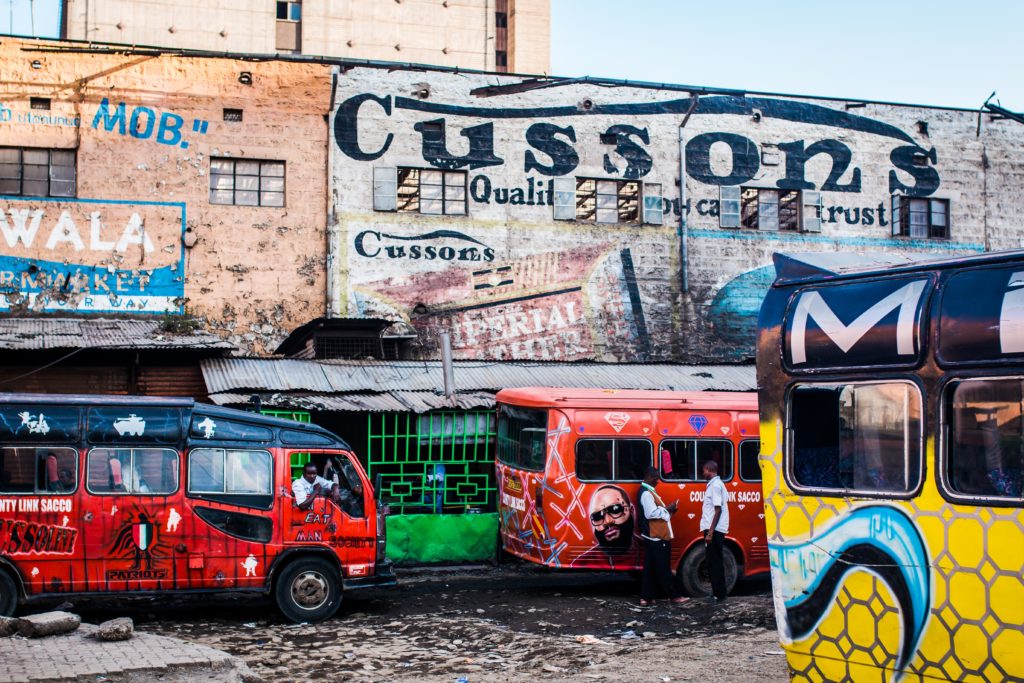 Over the years, there have been rampant cases of violence against women and girls (VAWG) on public transport in Africa and other developing regions. On November 17th2014, Kenya got the world’s attention with the #MyDressMyChoice campaign when thousands of people took to the streets to protest sexual violence against women in the public transport industry after a spate of stripping incidences were filmed and posted online. This protest sparked a movement to challenge gender norms and systems that allow this kind of violence to occur and fundamentally limit women’s freedom of movement and access to public space.
Over the years, there have been rampant cases of violence against women and girls (VAWG) on public transport in Africa and other developing regions. On November 17th2014, Kenya got the world’s attention with the #MyDressMyChoice campaign when thousands of people took to the streets to protest sexual violence against women in the public transport industry after a spate of stripping incidences were filmed and posted online. This protest sparked a movement to challenge gender norms and systems that allow this kind of violence to occur and fundamentally limit women’s freedom of movement and access to public space.
The public minibus transport service providers of Kenya – the matatu industry – provide an affordable transportation option to many people who would otherwise remain immobile. The matatu industry has developed its own unique culture and employs hundreds of thousands of people. This toolkit seeks to maintain what works well about this industry, while providing practical tools and supports that will make it more accessible and safer for women.
The Gender Sensitive Mini-Bus Services and Transport Infrastructure for African Cities Toolkit is designed to provide minimum standard guidelines and practical tools to create safer and more accessible public transportation systems for women in African cities. Specifically, the toolkit gives vital knowledge for improving existing management policies and practices.
This toolkit is a synthesis of primary and secondary information taken from two case studies from Nairobi, Kenya, and a literature review to identify best practices on gender and urban transport applied in cities around the world, with a particular focus on developing cities. Kenyan minibus services (locally referred to as matatus) are organized into informal saving and credit cooperatives organizations, or SACCOs. These public minibus transport services are frequently used by middle and lower-income earners, the majority of who are women, and are notorious for frequent harassment, recklessness and violence.
These case studies, conducted by Flone Initiative in collaboration with UN-Habitat and Prof. Inés Sánchez Madariaga, an expert in Gender and Urban Planning, affiliated with the University of Madrid and a member of UN-Habitat’s Advisory Group on Gender Issues (AGGI), sought to gather information from both commuters and transport industry operators (drivers, conductors and managers) through the execution of a Mobility of Care Study and a Gender Equity Assessment with three selected public minibus transport service providers. These studies were conducted in August – October 2018. Findings from both studies, coupled with best practices, have informed the development of this toolkit.
The toolkit provides public minibus transport providers with:
- Customer feedback tools and sample customer service charter. The report recommends that these tools should provide commuters with clear reporting mechanisms.
- How to achieve environmental sustainability
- Recommendations on how to develop and implement zero-tolerance sexual harassment policies that address concerns for both workers and commuters.
- Recommendations of minibus modifications that support the specific needs of commuters traveling with children, carrying large packages and living with both visible and invisible disabilities.
- How to integrate organizational family-friendly human resource policies such as maternity and paternity leave.
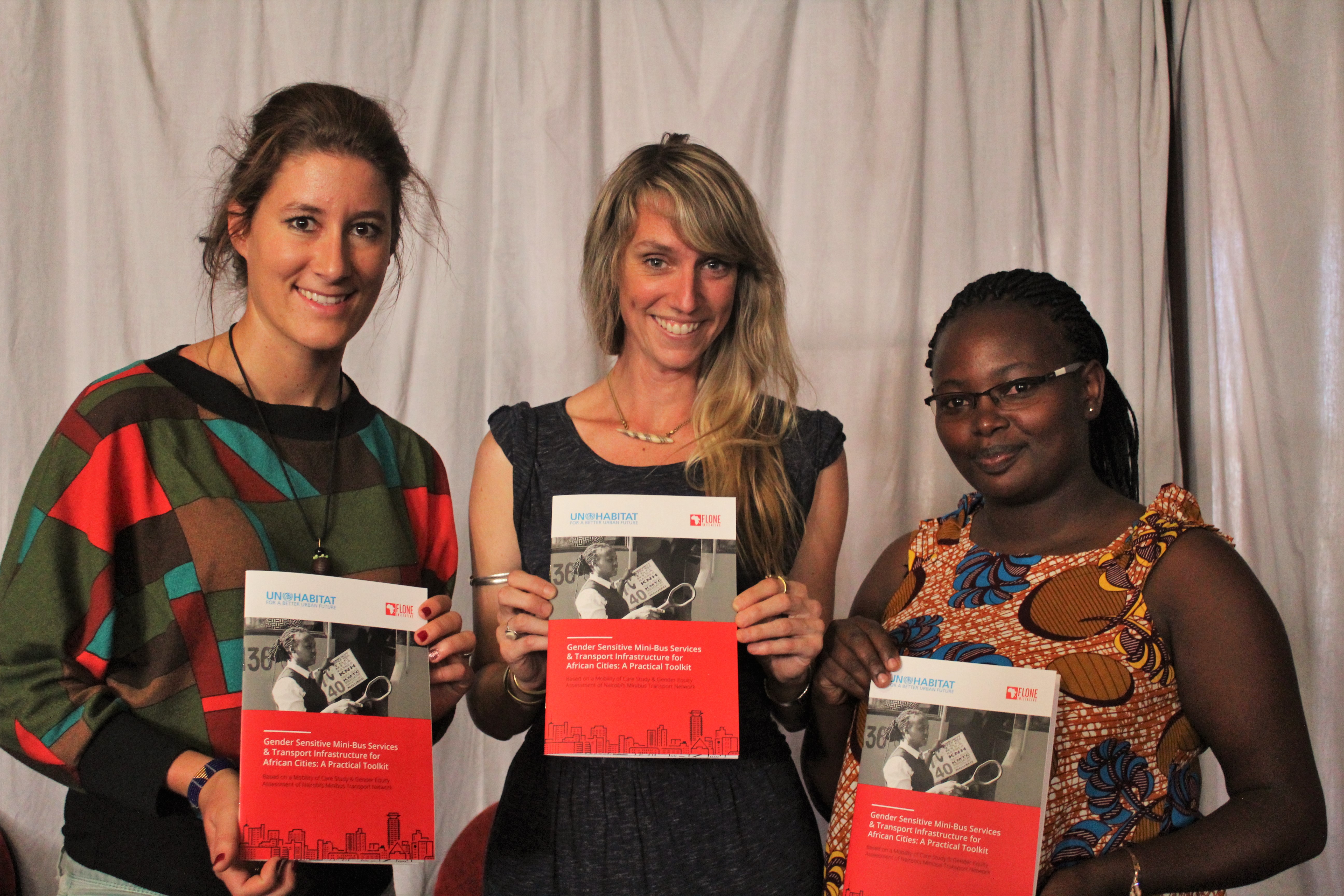 Additionally, the toolkit recommends ways in which policy makers can use these recommendations to develop gender-sensitive legislation which can create safer, more accessible public transportation systems for all road users. It also provides ideas for how civil society actors can support these initiatives.
Additionally, the toolkit recommends ways in which policy makers can use these recommendations to develop gender-sensitive legislation which can create safer, more accessible public transportation systems for all road users. It also provides ideas for how civil society actors can support these initiatives.
This is the first version of a toolkit which will guide a multi-year project to be executed by Flone Initiative. The project will seek to support transport organizations in adopting the recommendations made herein. This toolkit will be adapted and amended based on user feedback, impact and learnings.
You can find the toolkit here.
This toolkit was prepared to provide minibus transport organizations, policy makers and civil society actors with practical and concrete tools to create safer public transport systems for African women and other vulnerable commuters.
Mary Mwangi is the program manager at Flone Initiative in Kenya.

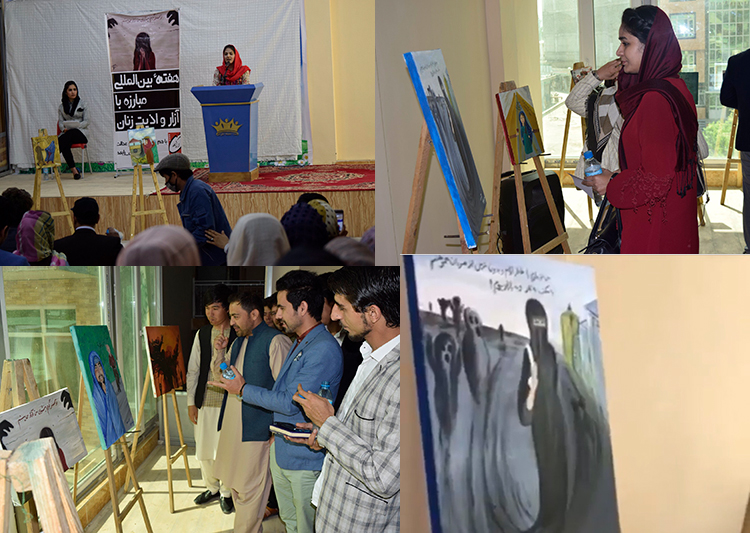
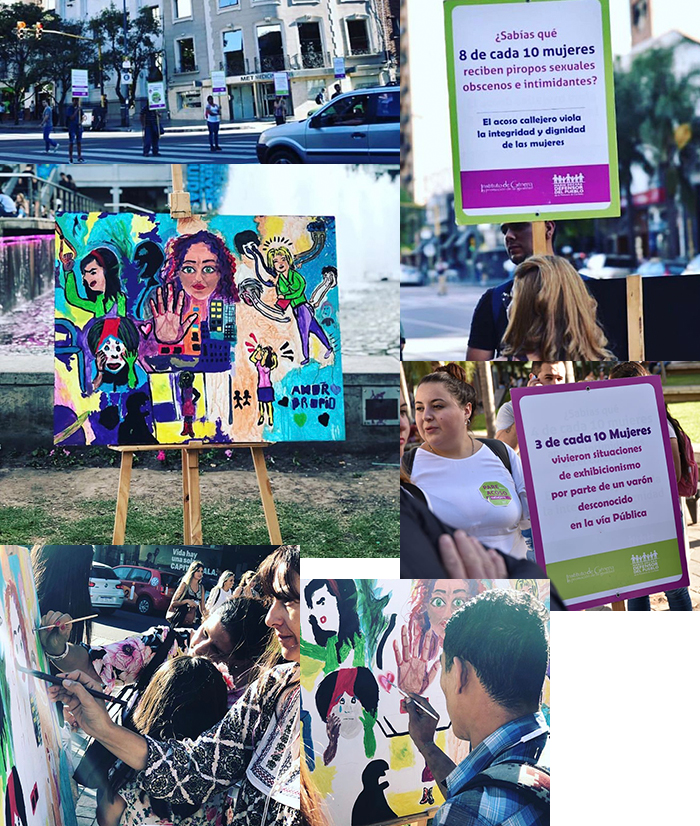
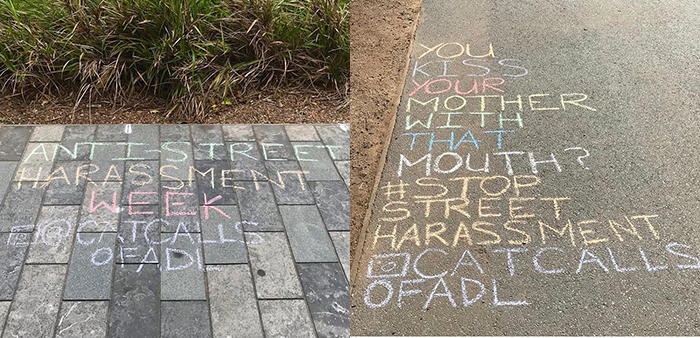
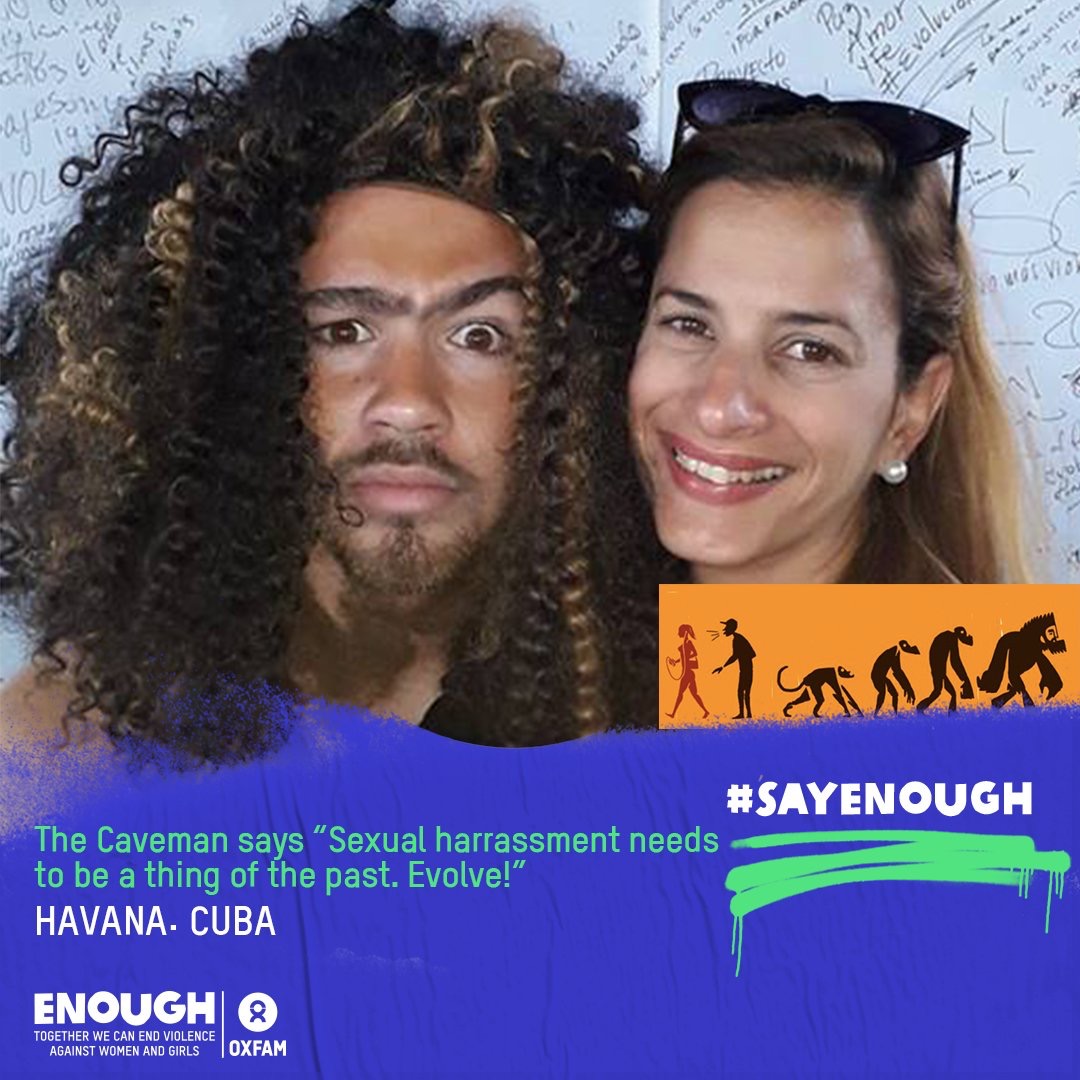
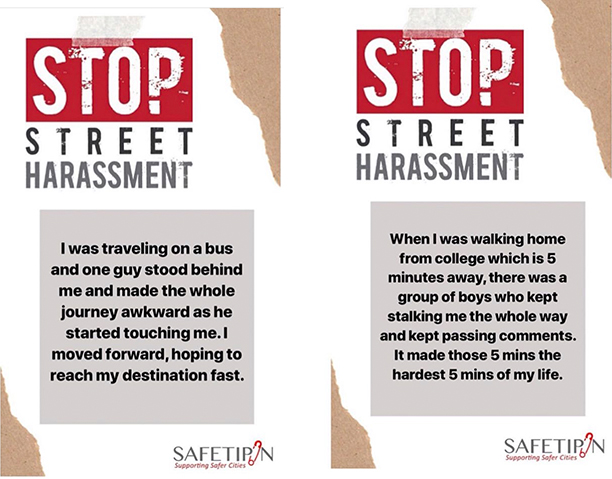


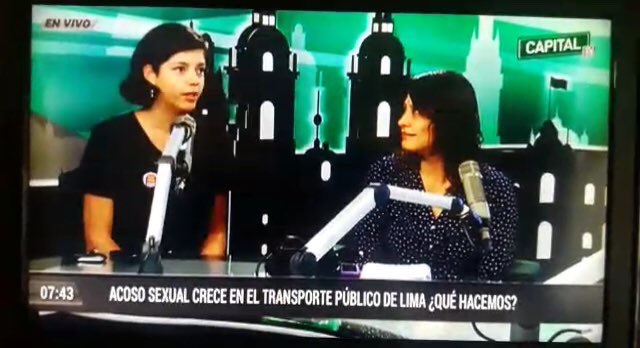
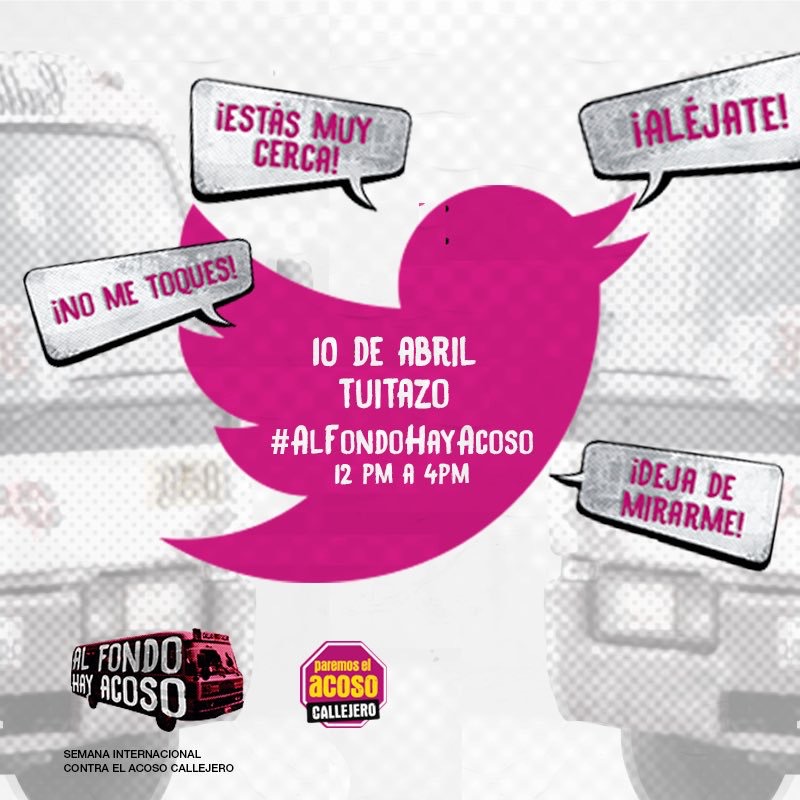
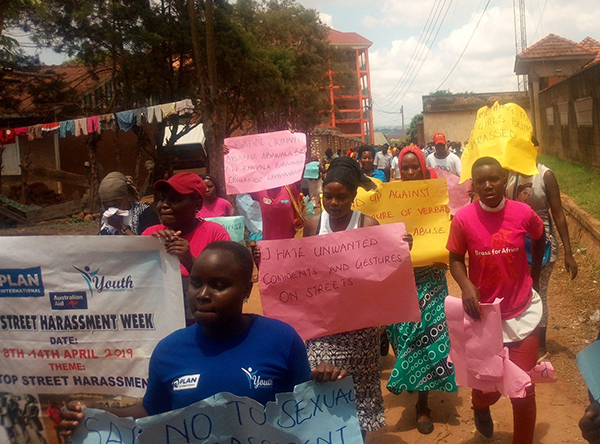
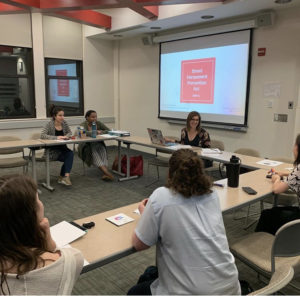
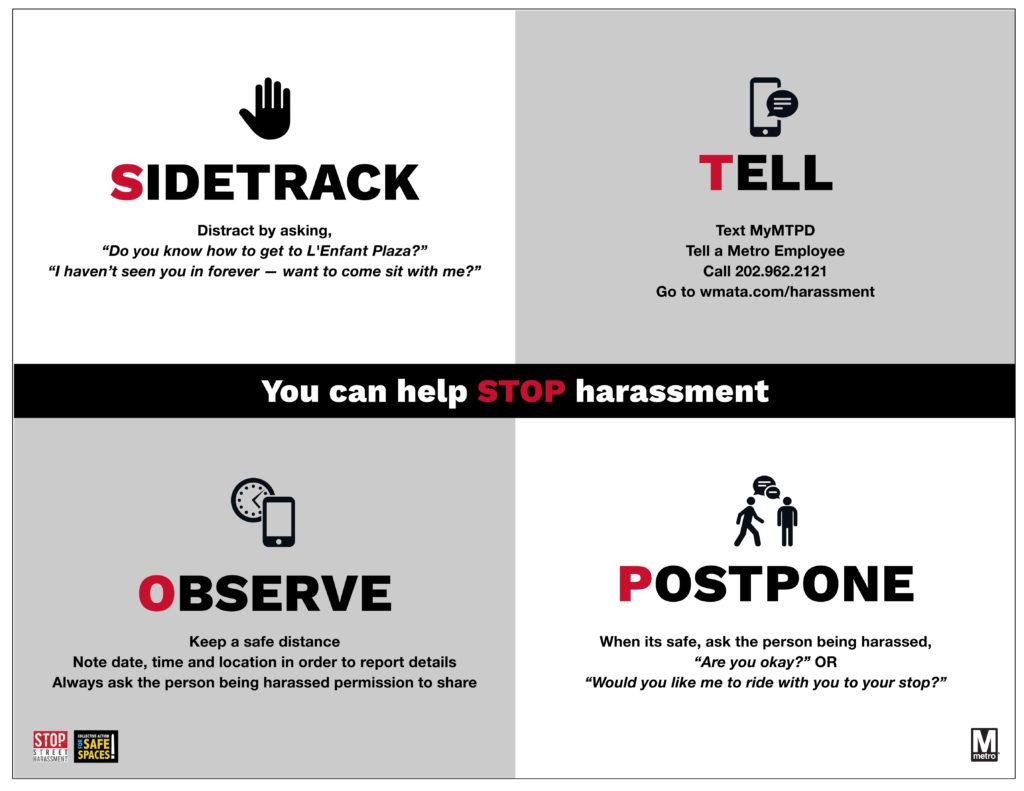
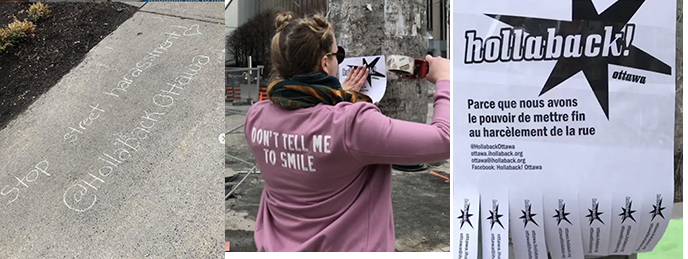
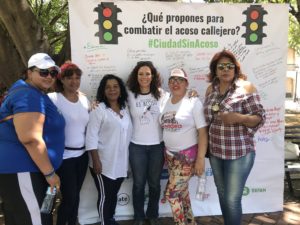 Groups in Santo Domingo, DR held an activity in Parque Colón. There were two back panels where people could write what they think about street harassment and what to do about it. They also held a “rally” and performance so people could experience how hard it is for a woman to walk on the street and keep receiving comments about her body, etc. A local
Groups in Santo Domingo, DR held an activity in Parque Colón. There were two back panels where people could write what they think about street harassment and what to do about it. They also held a “rally” and performance so people could experience how hard it is for a woman to walk on the street and keep receiving comments about her body, etc. A local 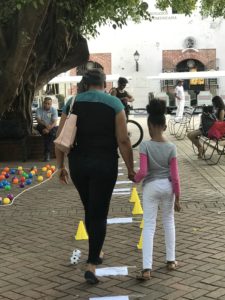 congresswoman, city council women, municipal police, among other citizens, participated.
congresswoman, city council women, municipal police, among other citizens, participated.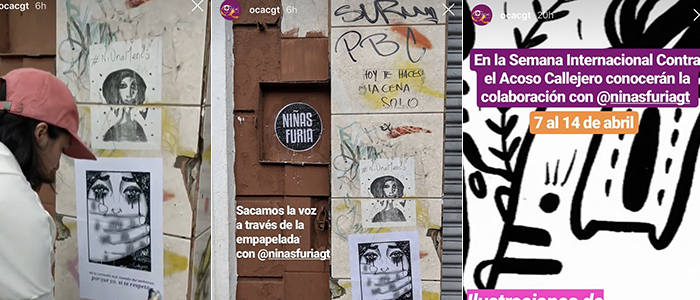
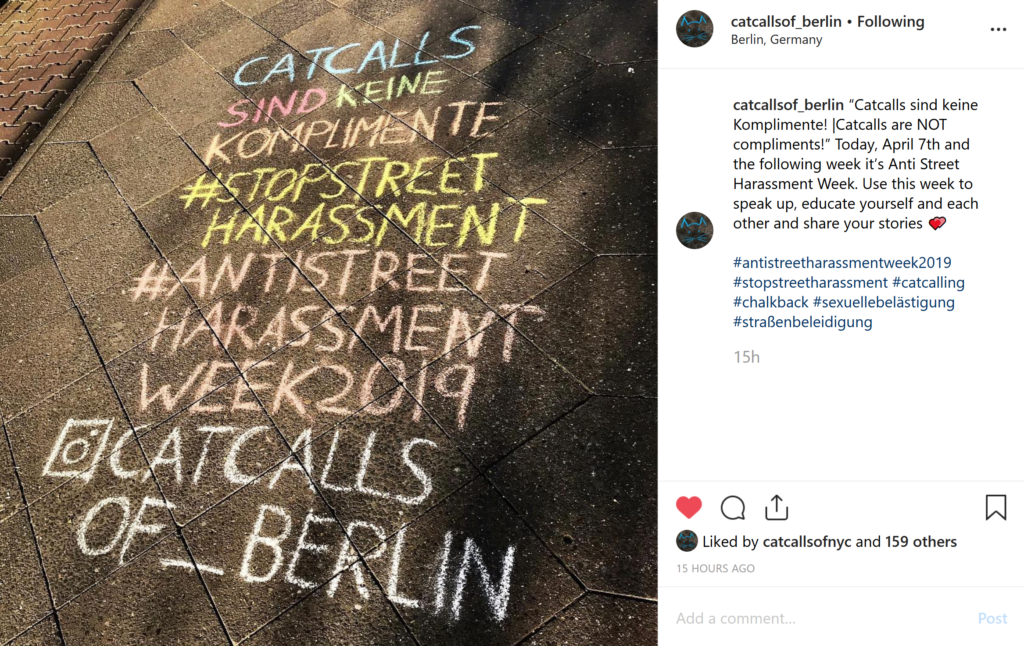
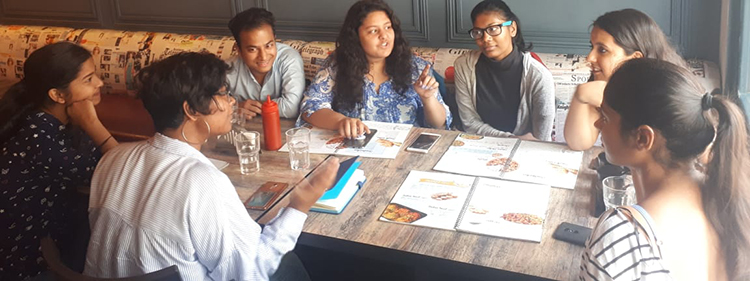
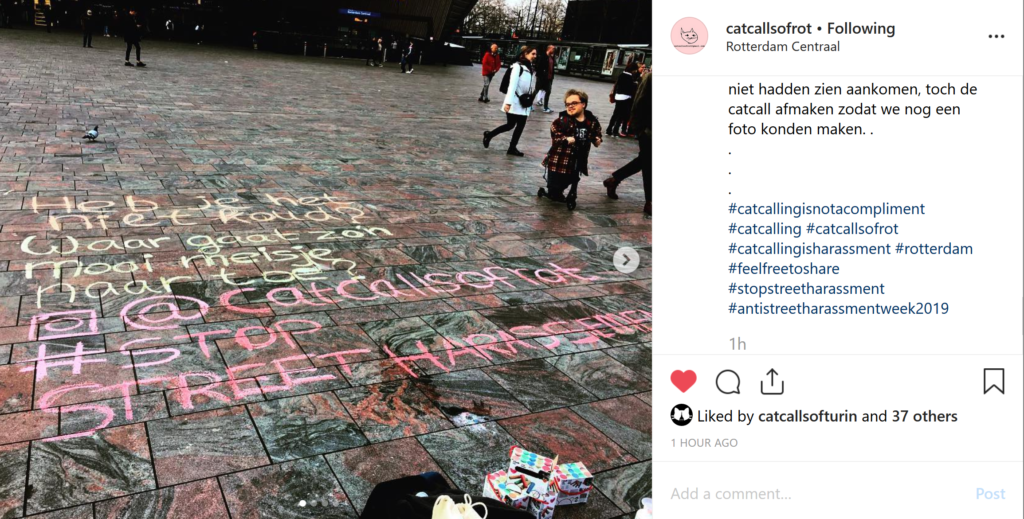
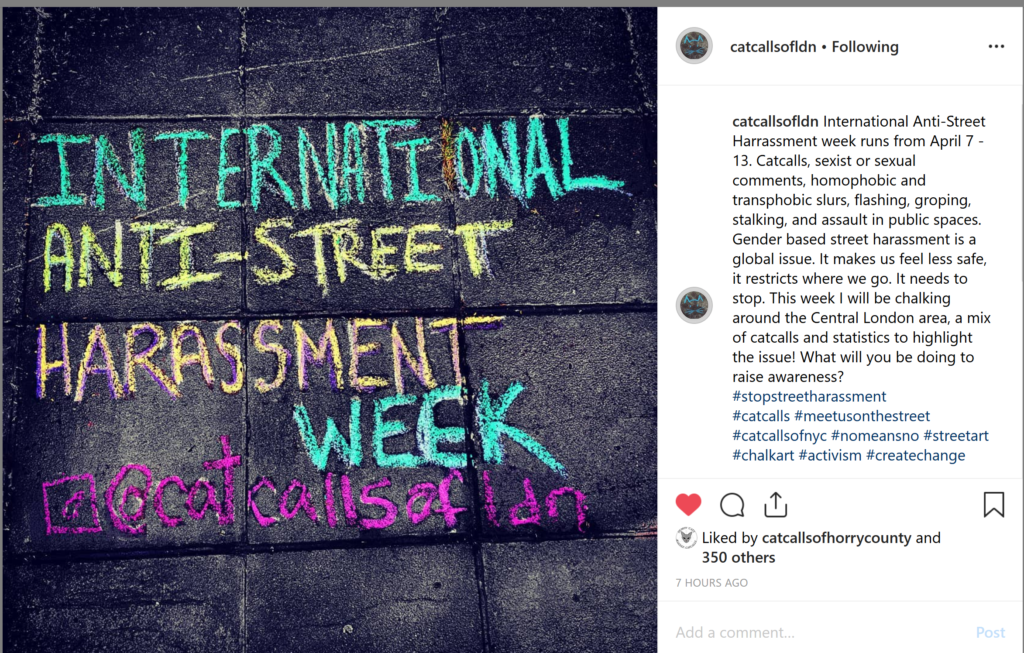
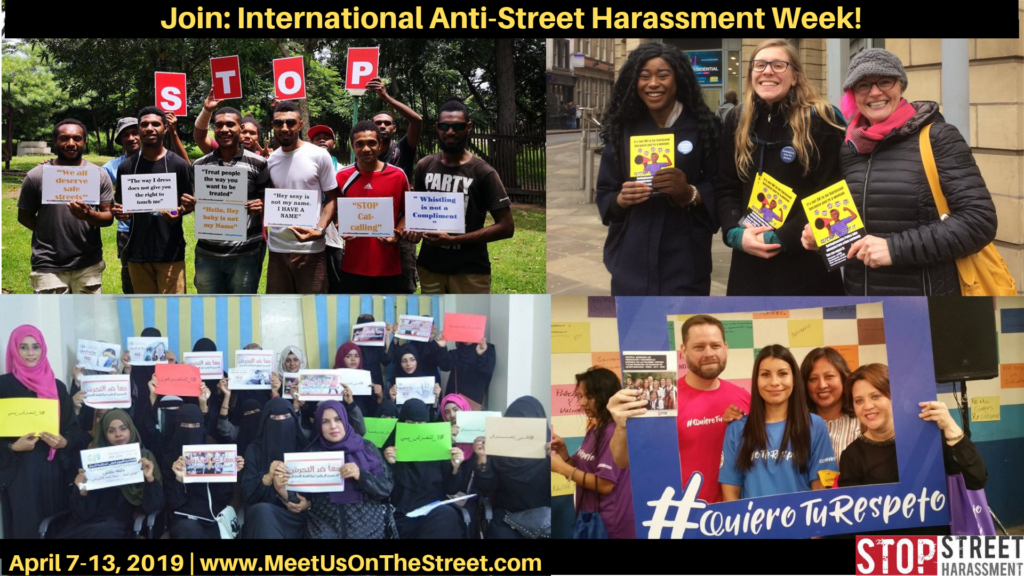
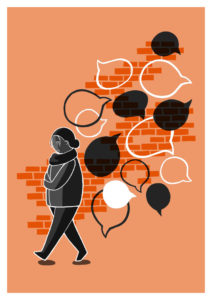
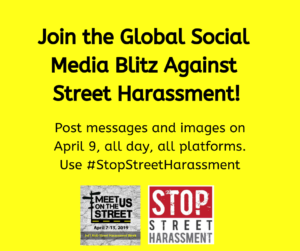 The Global Social Media Blitz will be on April 9, all day, all time zones. Use #StopStreetHarassment on any social media platform to join!
The Global Social Media Blitz will be on April 9, all day, all time zones. Use #StopStreetHarassment on any social media platform to join!